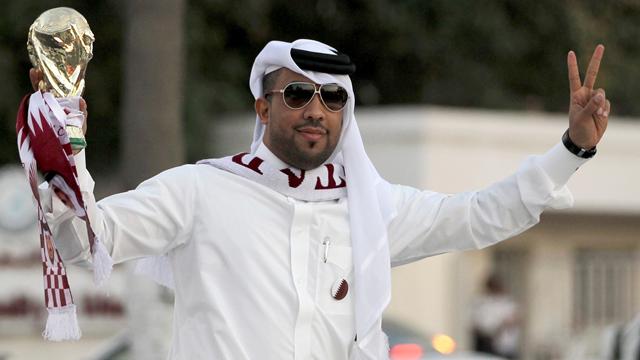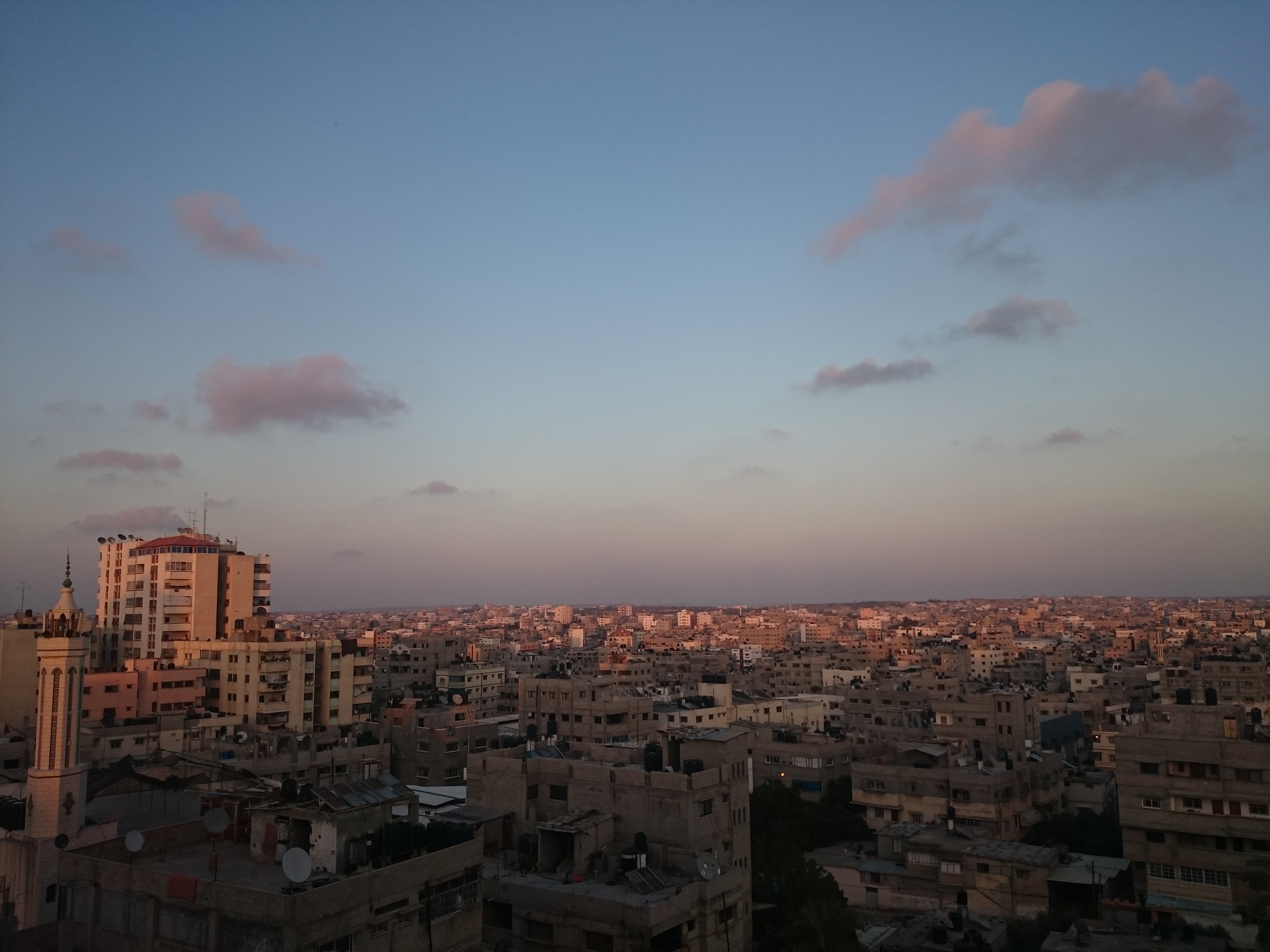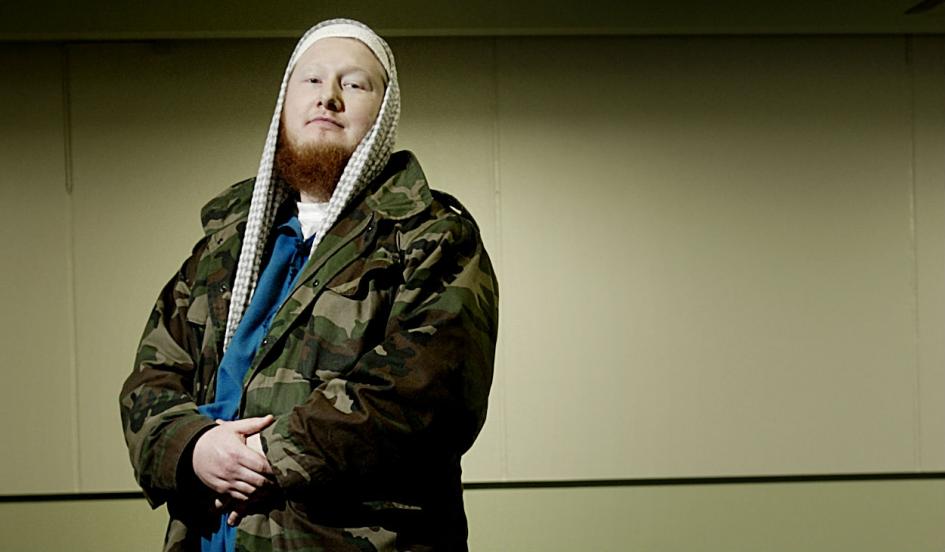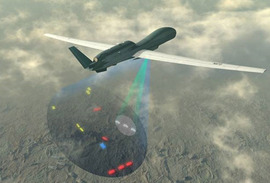Association football has come a long way in its 150 year history- It has become the most followed sport on the planet. Football is now a worldwide phenomenon that generates billions of dollars through various means every year and has the ability to attract billions of viewers for its biggest tournaments like the World Cup.
Like any other industry, football has continued to evolve over the years, and possibly the most significant change to the football landscape in recent times is the influx of large sums of money into the game. We are increasingly seeing small to mid – size football clubs being snapped up by billionaires with the intention of transforming these clubs into powerhouses.
Some of the biggest business ventures on the planet these days are football clubs. For example, Real Madrid and Manchester United, the world’s two largest clubs, have a combined worth of over $6 billion, and contribute significantly to their national economies.
Although there has been notable investment in football from Russia with success stories like Chelsea Football Club and Roman Abramovich, the shock value that accompanied the Middle Eastern arrival on the club football scene was one that had never been seen before in football history. It is why I have decided to name this phenomenon the Middle Eastern takeover. Two of the most successful stories, Paris Saint Germain Football Club (PSG), and Manchester City Football Club are unique not just purely in football terms but also in international political terms. The Middle Eastern takeover has not only transformed the football landscape and elevated these clubs, but both stories are further confirmation that football indeed has a role to play in international politics.
Football as a Re-branding Vehicle
Perhaps the most significant aspect of the Middle Eastern takeover is the way it has showcased the effectiveness of Football as a re-branding tool. Manchester City and PSG have contributed immensely to improving the image of the UAE and Qatar in the West. By investing so heavily in Manchester City Football Club, wiping out the club’s debts , winning the club its first domestic league title in 44 years and planning to invest about one billion Pounds into developing the area surrounding Manchester City’s Eastlands stadium, the Abu Dhabi ruling family has not only won over Manchester City supporters, but they have doubtless gained some friends in British policy circles, especially with the Manchester City Council.
This project, when completed, is bound to change eastern Manchester forever, and will also be a boost to the economy by creating jobs and generating revenue for the UK.
The same goes for Paris Saint Germain and Qatar. The Qatar Investment Authority’s (QIA) investment in PSG is part of the heavy financial commitment that Qatar has made to France to further strengthen its already solid relationship with the country. The QIA has also tried to win friends over by helping to fund social programs like helping to improve the poor suburbs outside Paris. It has so far been mostly successful and there are suggestions that Qatari investment in Paris might have played a role in winning Qatar the hosting rights for the 2022 World Cup.
Furthermore, investing so heavily in a western business venture with large symbolic value is changing pre-existing perceptions about Middle Easterners being anti-western and is helping Gulf States gain new friends all over Europe. These football clubs are projections of the value systems in place in both the UAE and Qatar and when people see the strides that Manchester City and PSG are making on and off the football pitch, it is a positive reflection on Qatar and Abu Dhabi.
Raising Awareness on International Affairs
Apart from the positive exposure that European football has given the UAE and Qatar, it has also helped to raise awareness on some of the issues in these two countries. Courtesy of the heavy investment that has been made in both PSG and Manchester City, fans of these clubs now want to know more about their owners and want to know how they have amassed their wealth.
Therefore, they research their owners and their history. When they do this, they find information like the UAE’s harsh response to public protests in the country at the time of the Arab Spring or the poor treatment of migrant workers in both the UAE and Qatar that is in stark contrast to western values.
Furthermore, the Middle Eastern takeover has also showcased football’s role in human rights activism. Activists now have a new opening they can take advantage of to spread their message. Traditionally, the football world has not been too bothered with international affairs. The average football fan probably knows more about his football club than he knows about his home government’s foreign policy. But with the Middle Eastern takeover, activists can now take advantage of the success of PSG and Manchester City to enlist the support of Manchester City and PSG fans in their campaign to make the Middle East a more democratic, equitable region.




